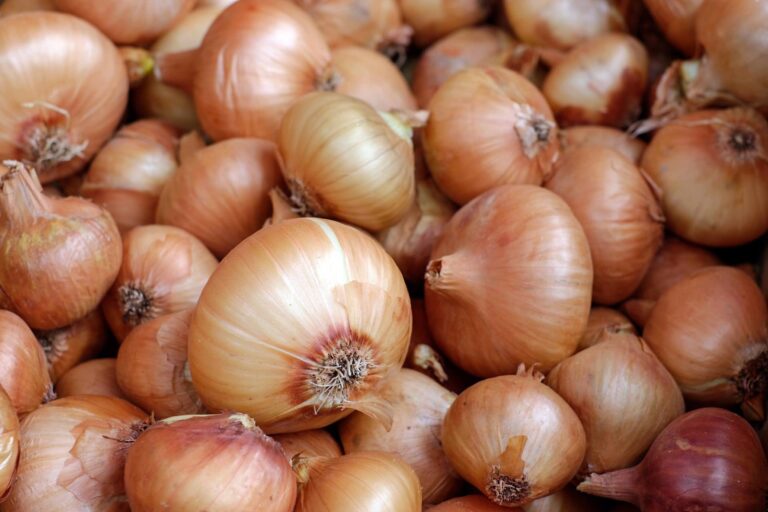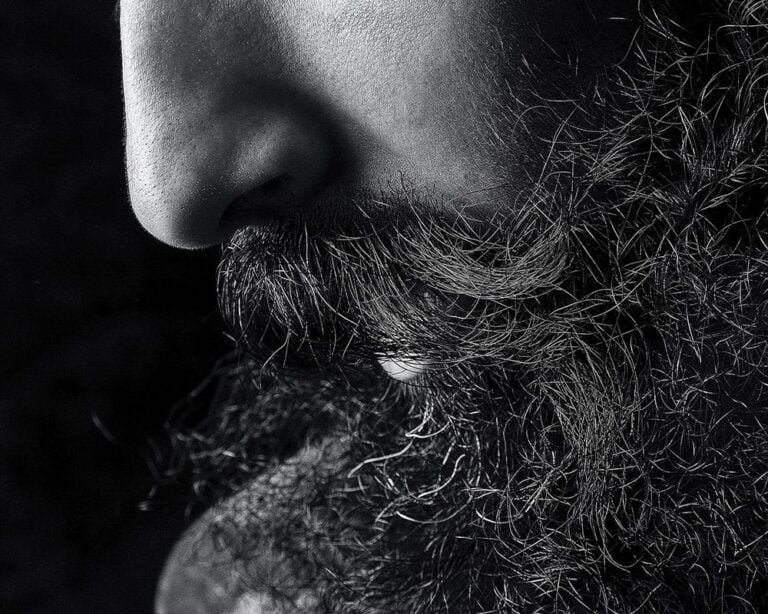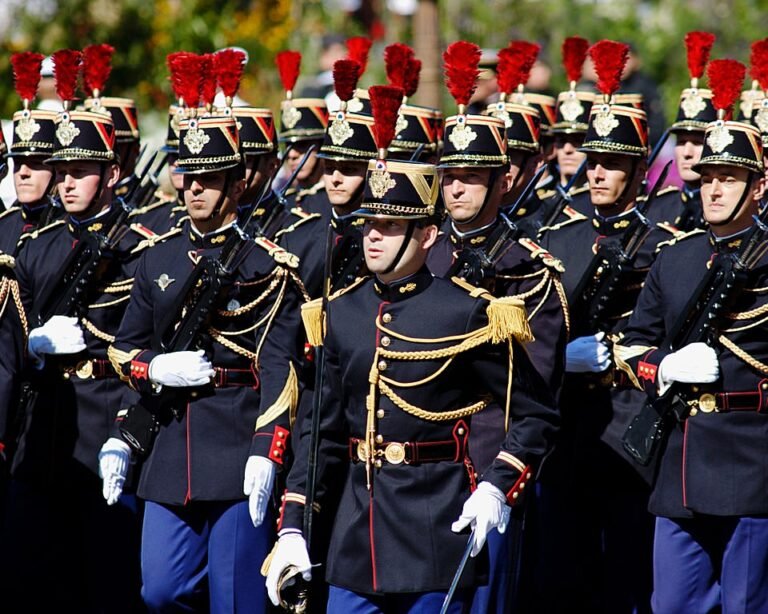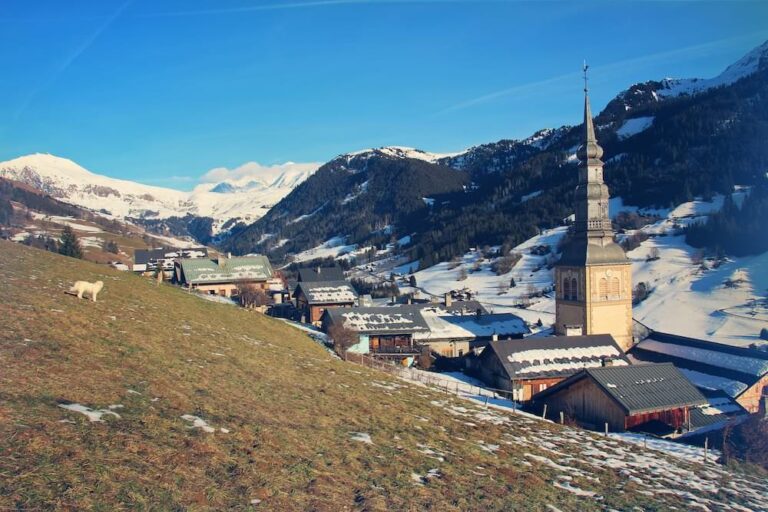faire long feu
The French idiom “faire long feu” literally translates as “to make long fire.” What it really means is “to drag on,” “to not have the desired effect,” “to last longer than expected” or “to miss your goal.”
It comes from the era of of muzzle-loading rifles, before the invention of waterproof cartridges that enclosed the gunpowder and protected it from moisture. If the gunpowder was too wet, when ignited it would burn slowly instead of quickly. The explosion would be weak and the bullet would not fly very fast or very far.
Equivalent expressions in English include “to hang fire,” “to fizzle out,” or “to go out like a damp squib.”






